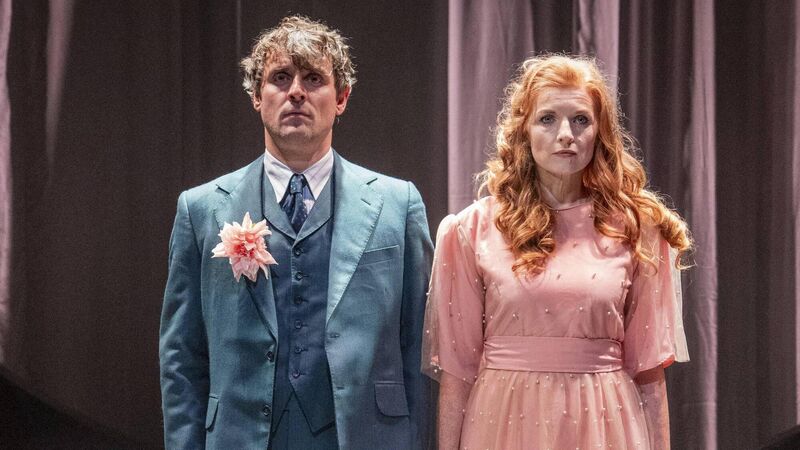Theatre review: The Quiet Man returns to original tale of rural life

Art Campion and Margaret McAuliffe in The Quiet Man at the Civic Theatre. Picture: Paul McCarthy
- The Quiet Man
- Civic Theatre
- Dublin Theatre Festival
- ★★★☆☆
Try from €1.50 / week
SUBSCRIBE
Art Campion and Margaret McAuliffe in The Quiet Man at the Civic Theatre. Picture: Paul McCarthy
Already a subscriber? Sign in
You have reached your article limit.
Annual €130 €80
Best value
Monthly €12€6 / month
Introductory offers for new customers. Annual billed once for first year. Renews at €130. Monthly initial discount (first 3 months) billed monthly, then €12 a month. Ts&Cs apply.
Newsletter
Music, film art, culture, books and more from Munster and beyond.......curated weekly by the Irish Examiner Arts Editor.
Newsletter
Music, film art, culture, books and more from Munster and beyond.......curated weekly by the Irish Examiner Arts Editor.
© Examiner Echo Group Limited